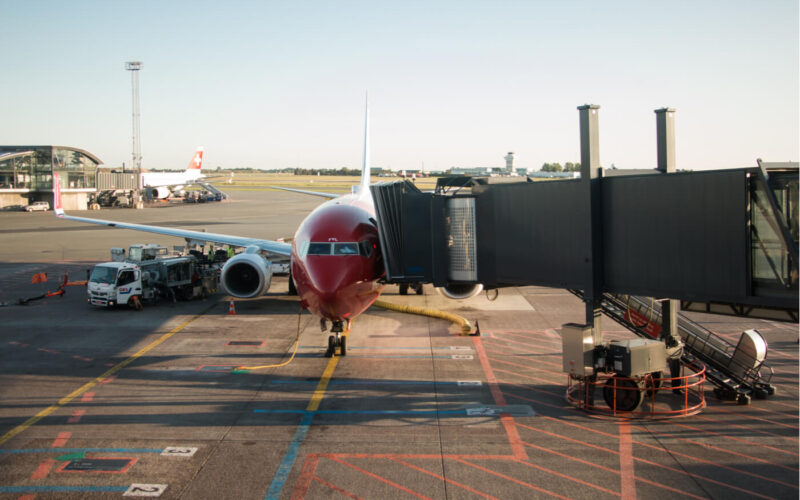Norwegian government waives aviation taxes in the country, but it might be just too little too late to save Norwegian. Following the U.S. ban on European flights, the airline increased its flight cuts to over 4,000 over a month and clarified that temporary layoffs would affect as much as 50% of its workforce.
On March 5, 2020, Norwegian withdrew its 2020 guidance provided to the market a couple of weeks earlier, on February 13, 2020. While admitting that demand has fallen on certain routes, the airline was still sure it had some resilience to the coronavirus outbreak, as only a small portion of its flights were towards the most Covid-19 affected regions.
However, one week later the situation has turned far worse. On March 10, the airline said it would cut 15% capacity (approximately 3000 flights) between mid-March and mid-June and would temporarily lay off a “significant share” of its employees.
On May 12, the situation became even grimmer. The United States announced that all flights originating from Europe would be suspended. The ban came into effect on March 13, 2020, and is expected to last for a period of 30 days.
Norwegian operates over 40 nonstop routes from Europe to the US. In 2019, the airline became the biggest foreign operator in New York City, coming ahead of competitors such as Air Canada (ADH2) or British Airways, as announced on March 2, 2020.
Following the announcement, Norwegian estimated it would ground 40% of its long-haul fleet and up to 25% of short-haul flights until the end of May. It also clarified that temporary layoffs would affect up to 50% of its workforce, adding that the number might increase even further.
On May 13, the government of Norway has reached out a helping hand by waiving aviation taxes in the country. However, Norwegian appeared slightly underwhelmed “We welcome the fact that the Norwegian government has decided to remove aviation taxes in Norway, but sadly, this is not enough as we’re in a very demanding situation at the moment,” said Norwegian CEO Jacob Schram in a statement.
“We need exact measures to strengthen our liquidity in the short term immediately,” Schram added. “At the same time, it is crucial for us that the government will work on solutions for a phase two. We are asking for these solutions to come quickly. At the same time, we will take all measures necessary to reduce the financial losses this situation is causing us, no matter how painful they are. At the same time, we will also take care of our colleagues and customers in the best possible way.”

